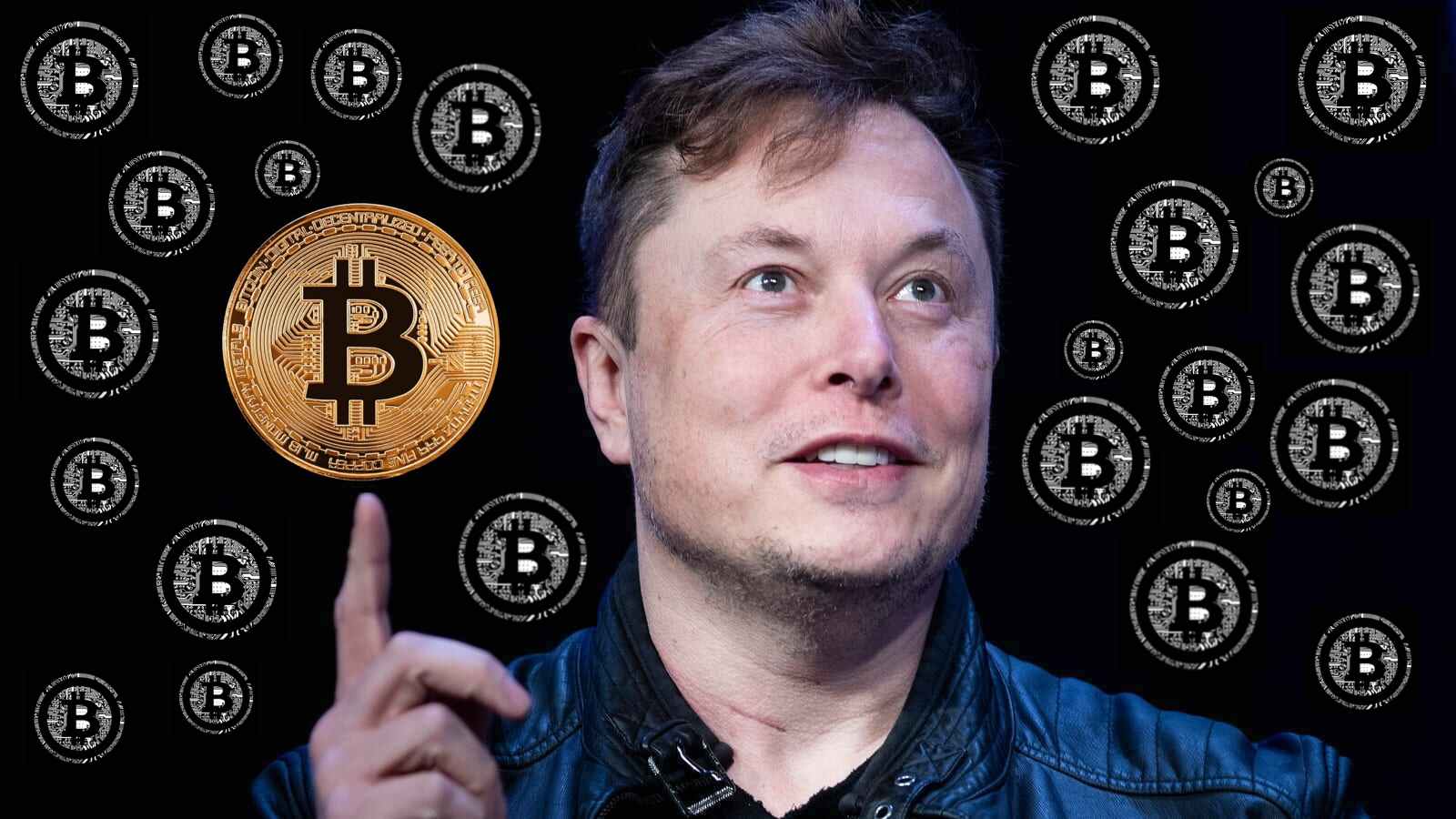Elon Musk Rumored to Attend Bitcoin Conference with Trump
22.07.2024 12:00 2 min. read Alexander Stefanov
Elon Musk's recent arrival in Tennessee on July 21, coupled with a profile picture update on X (formerly Twitter) to one featuring laser eyes, has ignited rumors within the Bitcoin community.
Many are speculating that Musk might attend the Bitcoin Conference in Nashville on July 27.
Matthew Sigel, VanEck’s Head of Digital Assets Research, hinted at a significant announcement, further fueling speculation about Musk’s attendance. David Bailey, CEO of Bitcoin Magazine, added to the excitement by sharing Musk’s new profile picture and suggesting the community should prepare for a major event.
Previously, Bailey had hinted at a major reveal that could “break the internet,” which caught the attention of Fox journalist Eleanor Terrett. Terrett speculated that Musk might be the figure capable of causing such a stir alongside Trump, though she clarified this was just a guess.
Musk mentioned that his project “Grok is being trained in Memphis,” indicating that his primary reason for being in Tennessee might be unrelated to the conference. However, the proximity and timing suggest he could also attend the Bitcoin Conference. His use of the laser eyes image, a bullish symbol in the Bitcoin community, adds to the excitement.
The Bitcoin Conference 2024 is already generating significant buzz in the crypto world. The potential participation of Musk, especially alongside Trump, has heightened anticipation. There is also speculation that Trump might announce Bitcoin as a strategic reserve, adding another layer of intrigue to the event.
-
1
Bitcoin: Is the Cycle Top In and How to Spot It?
09.07.2025 16:00 2 min. read -
2
Crypto Inflows hit $1B Last Week as Ethereum Outshines Bitcoin in Investor Sentiment
07.07.2025 20:30 2 min. read -
3
Public Companies Outpace ETFs in Bitcoin Buying: Here is What You Need to Know
02.07.2025 12:30 2 min. read -
4
Robert Kiyosaki Buys More Bitcoin, Says He’d Rather Be a ‘Sucker Than a Loser’
02.07.2025 22:00 1 min. read -
5
This Week in Crypto: Whale Accumulation, Ethereum Signals, and a Sentiment Shake-Up
05.07.2025 21:00 3 min. read
Charles Schwab to Launch Bitcoin and Ethereum Trading Soon, CEO Confirms
Charles Schwab is preparing to roll out spot Bitcoin and Ethereum trading, according to CEO Rick Wurster during the firm’s latest earnings call.
Over $5.8 Billion in Ethereum and Bitcoin Options Expired Today: What to Expect?
According to data shared by Wu Blockchain, over $5.8 billion in crypto options expired today, with Ethereum leading the action.
BlackRock Moves to Add Staking to iShares Ethereum ETF Following SEC Greenlight
BlackRock is seeking to enhance its iShares Ethereum Trust (ticker: ETHA) by incorporating staking features, according to a new filing with the U.S. Securities and Exchange Commission (SEC) submitted Thursday.
IMF Disputes El Salvador’s Bitcoin Purchases, Cites Asset Consolidation
A new report from the International Monetary Fund (IMF) suggests that El Salvador’s recent Bitcoin accumulation may not stem from ongoing purchases, but rather from a reshuffling of assets across government-controlled wallets.
-
1
Bitcoin: Is the Cycle Top In and How to Spot It?
09.07.2025 16:00 2 min. read -
2
Crypto Inflows hit $1B Last Week as Ethereum Outshines Bitcoin in Investor Sentiment
07.07.2025 20:30 2 min. read -
3
Public Companies Outpace ETFs in Bitcoin Buying: Here is What You Need to Know
02.07.2025 12:30 2 min. read -
4
Robert Kiyosaki Buys More Bitcoin, Says He’d Rather Be a ‘Sucker Than a Loser’
02.07.2025 22:00 1 min. read -
5
This Week in Crypto: Whale Accumulation, Ethereum Signals, and a Sentiment Shake-Up
05.07.2025 21:00 3 min. read


